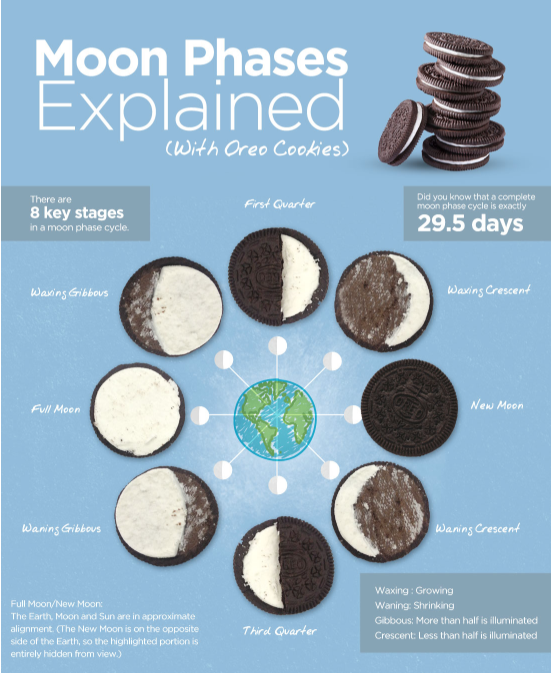Parenting is a lifetime journey full of rich experiences, loving, caring, learning, teaching, observing and shaping the life of an offspring.
Understanding normal child development and the tasks that children need to master at each stage to navigate childhood is of great importance and helps parents and educators tailor their expectations, demands and discipline in such a way that they can be appropriate, productive and support the child in their own journey of growing up.
Infancy:
Building a strong bond and a secure attachment between baby and parent is the focus of this period. This is accomplished by being responsive to the baby’s needs. Starting from birth, babies learn who they are by the way they are treated.
Through everyday interactions, touching, holding, comforting, and talking parents, relatives and caregivers send messages like You’re smart. You’re loved. I enjoy being with you. These messages shape a baby’s sense of self and self-esteem.
While it’s easy to be affectionate when babies are cute and cuddly, it’s also important to nurture babies when they are difficult, fussy, crying a lot or colicky. By supporting babies during their most difficult times, you are letting them know they can trust and rely on you. This makes them feel safe and makes it more likely they will learn to calm themselves as they grow. A well-handled, nurtured, and loved infant develops trust, security and a basic optimism.
Toddler years:
During the toddler years there is a dramatic increase in the acquisition of new skills, language and communication as well as motor abilities. The child becomes capable of satisfying some of their own needs. They gain control over eliminative functions, they learn to use the bathroom, feed, dress and wash themselves and, they begin to explore their surroundings. They also develop a sense of self awareness and they come to realize that they are separate from others.
This new independence which comes from their newly acquired abilities: walking, talking, and self-sufficiency, fascinates them. They exhibit a great deal of enthusiasm and emotion.Helping them regulate their emotions is a major task for the parent during this time of development. Providing daily structure, routine and giving them notice when a transition is coming helps children anticipate, prepare, and cope with the many changes they have to make each day.
Knowing what to expect helps toddlers feel safe, confident, and in control of their world.
Making a connection between behavior and consequences is a lesson that parents need to teach by developing clear rules and expectations and by establishing methods of age appropriate discipline, such as time-out for inappropriate behavior.
Help your little one understand there are many healthy, non-hurtful ways of expressing feelings. For example, toddlers can rip paper, stomp their feet or throw a foam ball when they are very mad. Children this age need to learn how to deal with conflict and how to solve problems by using verbal language rather than resorting to physical expressions of negative emotions.
http://www.howtolearn.com/2011/03/best-parenting-tips-from-infancy-to-young-adulthoold
photo from faypsych.com

 Next week’s Camp Au Pair theme is Outer Space.
Next week’s Camp Au Pair theme is Outer Space.